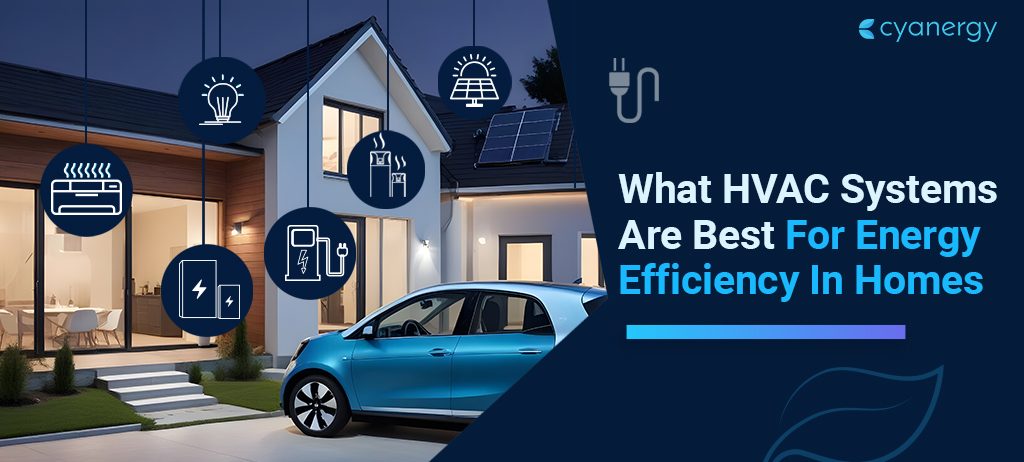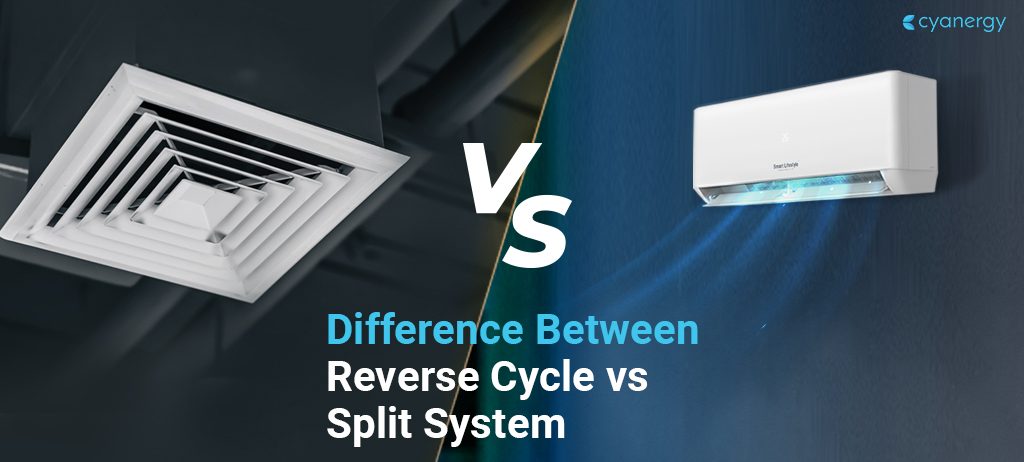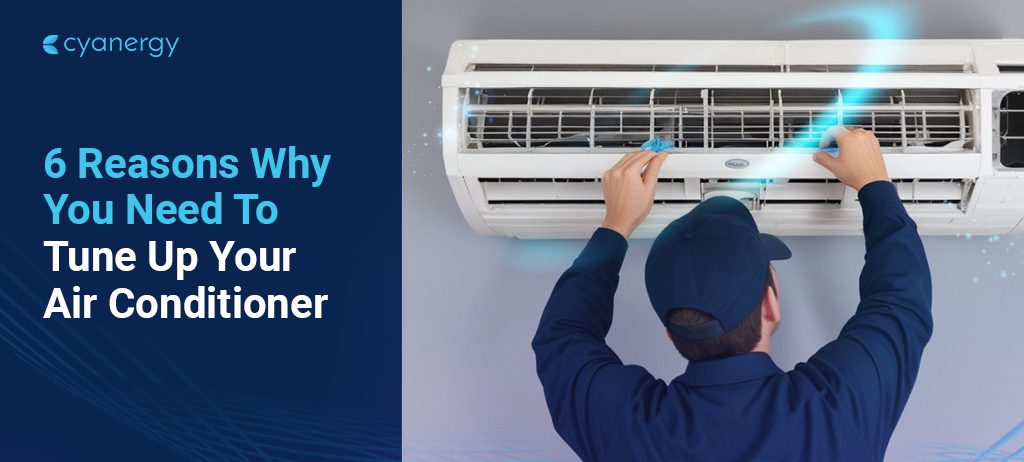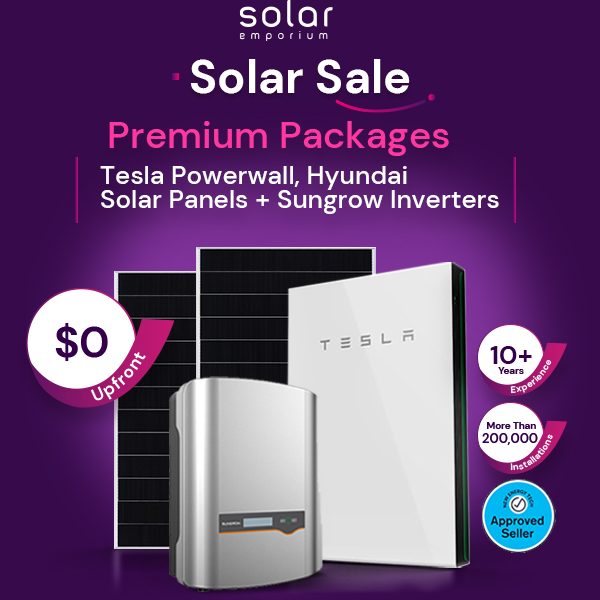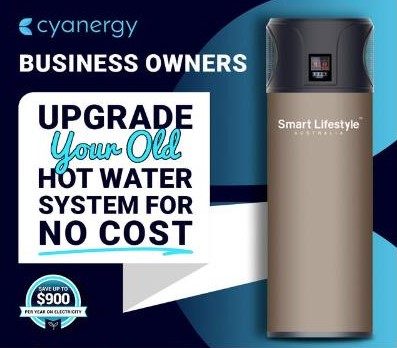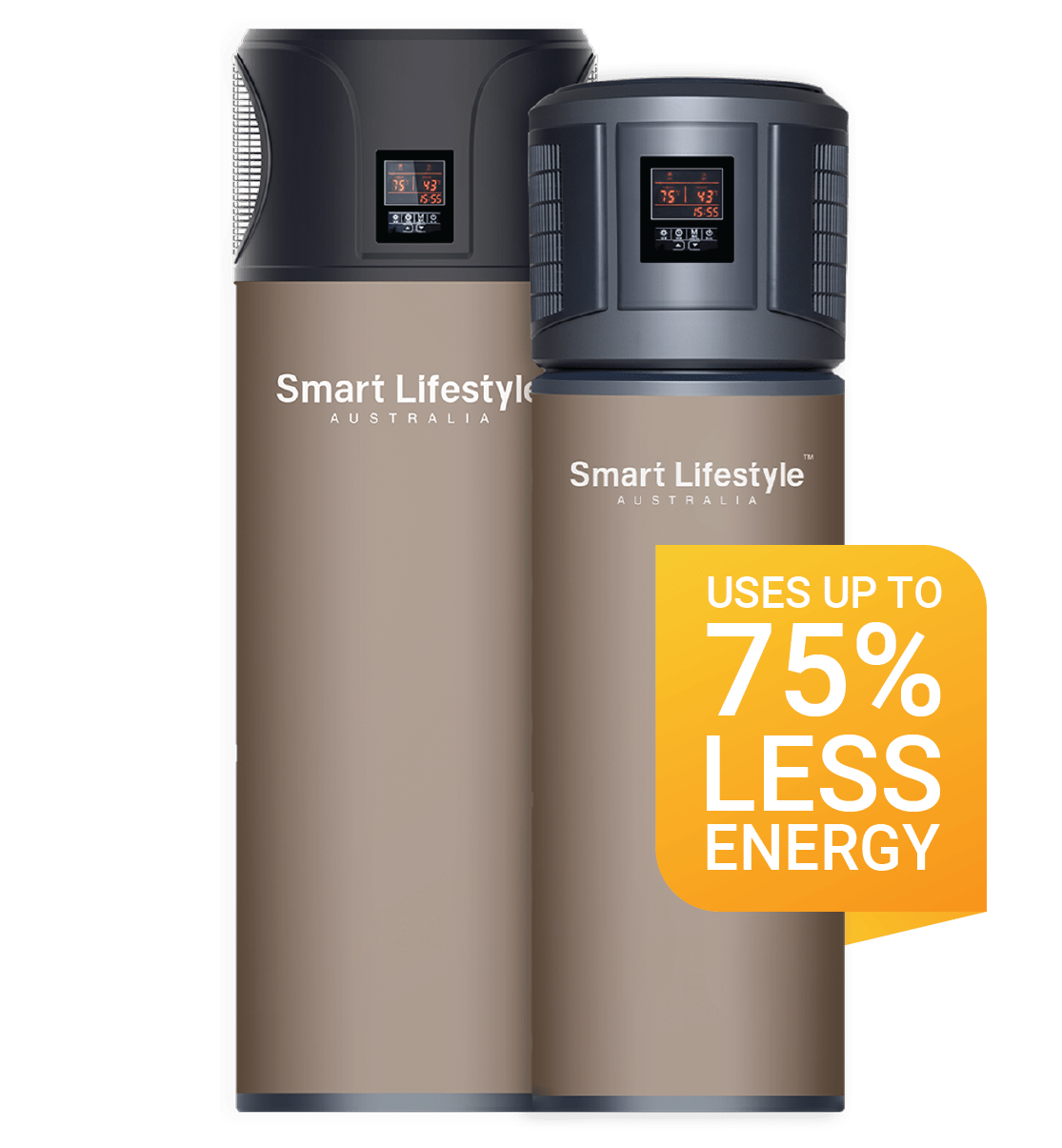Starting to manage energy for your business in Australia can be tricky, with many questions about energy prices and renewable energy options.
Today, we want to simplify it by answering 15 common questions about Australian business energy.
Whether you’re just starting a small business or already have a big one, understanding how much energy you use, saving costs, and using sustainable practices is essential.
Come along as we explain the ins and outs of business energy, giving you the knowledge to make smart choices that keep your business running smoothly and help the environment.
What is the Difference Between Business Energy and Residential Energy?
The primary difference between business and household energy lies in the structure of contracts established by suppliers. Business energy contracts typically span 1–5 years with fixed durations, and early cancellations are generally not an option. Businesses can choose fixed-rate contracts.
How do Businesses Get Safety When Purchasing Business Energy?
Energy providers adhere to industry codes and supply Licence Conditions governed by regulatory bodies like Ofgem. These regulations dictate fair business practices and customer interactions, ensuring customer protection and equitable treatment.
What is a Business Energy Plan?
A Business Energy Plan is a structured strategy designed to meet the specific energy needs of a business or commercial entity. This plan outlines how a business intends to manage, consume, and optimise energy usage to ensure efficiency, cost-effectiveness, and sustainability.
It typically involves a detailed analysis of the organisation’s energy requirements, including electricity and gas consumption, and aims to tailor solutions that align with operational demands and environmental considerations.
A well-crafted Business Energy Plan often incorporates energy efficiency measures, renewable energy adoption, and cost-saving strategies.
This proactive approach helps businesses streamline their energy usage and adapt to changing market dynamics and regulatory landscapes in the ever-evolving energy sector.
How to Compare Business Electricity Providers?
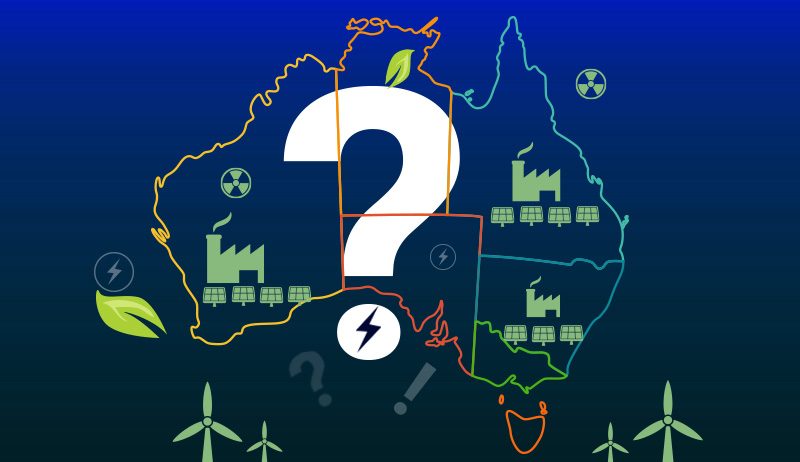
When you compare business electricity providers, it means looking at different things to decide which one is best for you.
First, check how much each provider charges for electricity and see the usage and supply costs. Also, look closely at the contract details, like how long it lasts, if there are fees for ending it early, and any extra costs you might not know about.
Make sure to think about how good the customer service is from each provider because quick and reliable help is essential for your business.
Consider if the plans they offer match what your business needs. By considering their sustainability efforts, determine if the providers care about using renewable energy sources. Read online reviews and stories from other businesses to see their experiences with these providers.
In the end, comparing prices, contact details, customer service, and how eco-friendly they are will help you pick the best electricity provider for your business.
What are Business Electricity Rates? Peak/offpeak
Business electricity rates in Australia can vary based on location, business size, and the electricity provider.
Typically, businesses are charged different rates for peak and off-peak periods. During peak hours, which are times of high demand, electricity rates tend to be higher. These peak hours often coincide with businesses’ activities, such as during regular working hours.
On the other hand, off-peak hours, usually occurring during nights, weekends, or holidays when overall demand is lower, come with lower electricity rates.
The specific peak and off-peak hours can vary, so businesses need to check with their electricity provider for the exact details of their rate structure.
Additionally, businesses can explore time-of-use or flexible pricing plans that offer varying rates depending on the time of day.
How Can You Track Your Energy Usage?
Tracking energy usage for your Australian business involves implementing effective monitoring systems and utilising available tools. Start by installing energy monitors that provide real-time data on your electricity consumption.
These meters enable you to track usage patterns, identify peak hours, and monitor overall energy efficiency.
Many electricity providers in Australia offer online portals or apps that allow businesses to access detailed insights into their energy consumption. Utilise these platforms to regularly review usage data, set benchmarks, and identify opportunities for optimisation.
Implement energy management software for your benefit. It will provide analytics and help you make informed decisions to reduce energy costs.
Additionally, engage employees in energy conservation initiatives and promote a culture of awareness to enhance your business’s overall energy efficiency further.
Regular monitoring and analysis will empower your business to take proactive steps towards sustainable, cost-effective energy practices.
How do Business Energy Savings Work with Small Businesses?
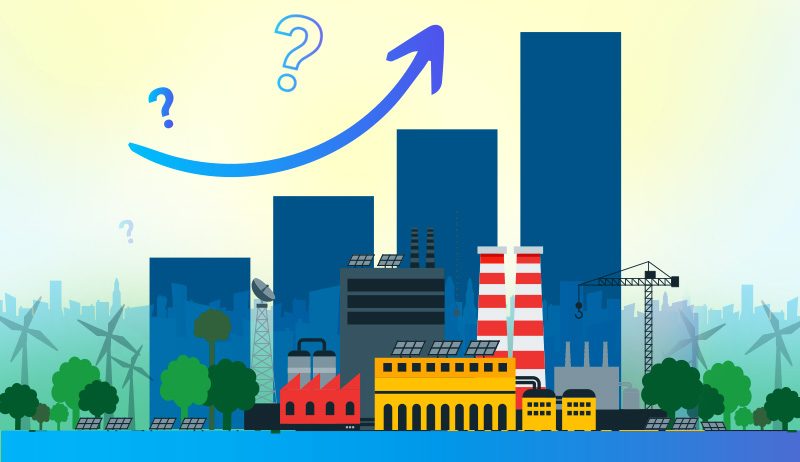
Small businesses can start by conducting an energy audit to identify areas of improvement in their energy consumption. Upgrading energy-efficient appliances, installing LED lighting, and optimising heating and cooling systems can lead to immediate savings.
Additionally, exploring renewable energy sources like solar panels can contribute to long-term cost savings.
Businesses can also negotiate favourable energy contracts, taking advantage of competitive market rates and favourable terms. Employee awareness and engagement in energy-saving practices, such as turning off lights, enhance overall efficiency.
What are Some Incentives or Grants Available for Businesses?
The Australian government provides the Business Energy Advice Program, which offers free advice on improving energy efficiency for small businesses.
The Emissions Reduction Fund assists businesses in reducing carbon emissions, providing financial incentives for eligible projects. State-specific programs, like the New South Wales Energy Saver program, offer grants for energy-efficient upgrades.
The Small-scale Renewable Energy Scheme (SRES) provides financial incentives for businesses installing eligible renewable energy systems, such as solar panels.
Additionally, the Instant Asset Write-Off scheme allows businesses to deduct the cost of eligible energy-efficient assets immediately.
How does an Energy Business Reduce Energy Costs?
Implementing energy-efficient practices, such as upgrading energy-saving equipment, optimising operational processes, and improving insulation, can significantly reduce energy consumption.
Embracing renewable energy sources, like solar or wind power, contributes to sustainability and mitigates reliance on traditional, often more expensive, energy sources.
Smart technology, including energy management systems and advanced analytics, allows businesses to monitor and control energy usage more effectively.
Negotiating favourable energy contracts, exploring government incentives and grants, and fostering a culture of energy awareness among employees further contribute to overall cost reduction.
How to do An Energy Audit?
Analyse utility bills to understand usage patterns and identify high-consumption areas. Inspect and assess the efficiency of equipment, lighting, and HVAC systems.
Consider investing in smart meters or energy monitoring systems to gather real-time data. Engage with an energy auditor or use online tools to evaluate the overall energy performance of your business.
Explore government programs like the Business Energy Advice Program, which provides free advice and support for energy audits.
The insights gained from the audit will enable you to develop a targeted strategy for energy optimisation and cost reduction tailored to the specific needs of your business.
Do Contracts for Small and Micro Businesses Differ from other Business Energy Contracts?

In the case of a micro business contract, the terms and conditions must be expressed in ‘clear and understandable language’ to accommodate business owners who may not be well-versed in the industry.
Furthermore, the supplier must specify the commencement and conclusion dates in a ‘Statement of Renewal Terms.’ A termination notice period, fixed at 30 days before the contract’s conclusion, must also be incorporated.
What Type of Smart Meter Should You Get?
Generally, there are basic energy monitors that provide real-time data on energy consumption, helping you monitor usage patterns. Advanced smart meters may offer additional features like remote data access, detailed analytics, and the ability to control certain appliances remotely.
Why Does My Business Need A Business Energy Contract?
For businesses with a fixed location, having electricity is very important. Suppliers want to make sure they get paid for the energy they provide. When starting to get energy for your business, suppliers ask you to sign a contract.
This helps them manage their supplies and gives your business peace of mind about having energy for the contract duration. If the contract ends, and you’ve paid for the energy you used, your supply won’t be cut off. However, you’ll be moved to a more expensive standard tariff.
How can comparing business energy suppliers help my business?
By evaluating different suppliers, you can identify competitive rates, favourable contract terms, and potential incentives or discounts. This comparison allows you to make informed decisions, choosing a supplier that aligns with your energy needs and budget constraints.
Also, assessing suppliers for their commitment to renewable energy sources and environmental practices supports your business in adopting more sustainable energy solutions.
How do you know when your current business energy contract is ending?
Discovering the end of your contract can be done by examining your latest energy bill, where the end date is typically mentioned alongside your tariff name and account number.
Alternatively, you can refer to the signed contract or contact your energy provider for confirmation. You will receive notice about the end of your current tariff 42–49 days before the official contract end date.
